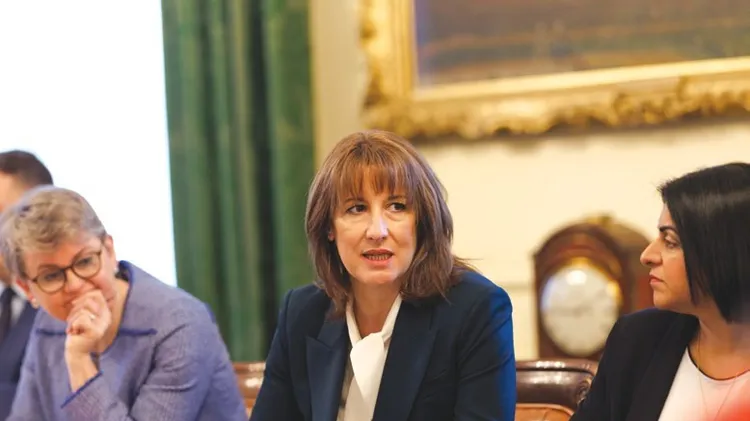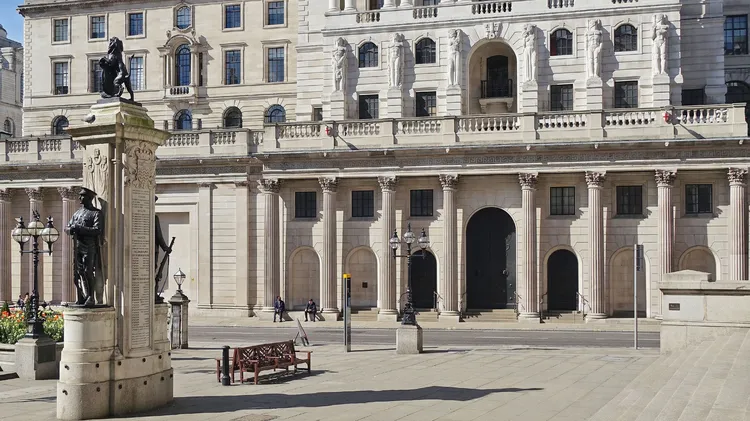The conclusions of a review of the Bank of England’s performan
The old lady needs a shake-up
2 min read
This article is from...
Read this article and 8000+ more magazines and newspapers on Readly






